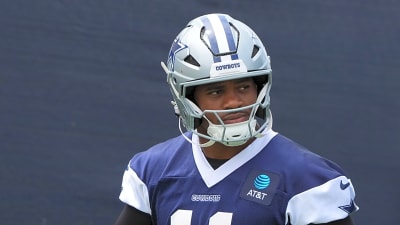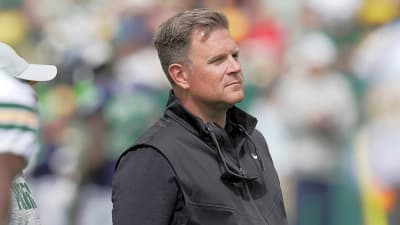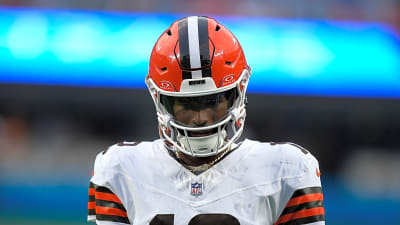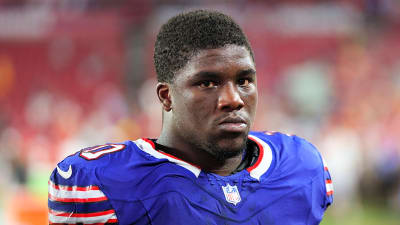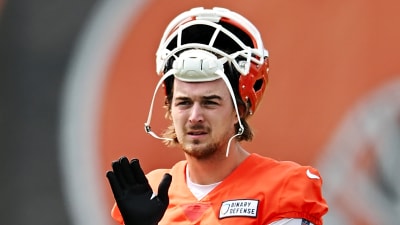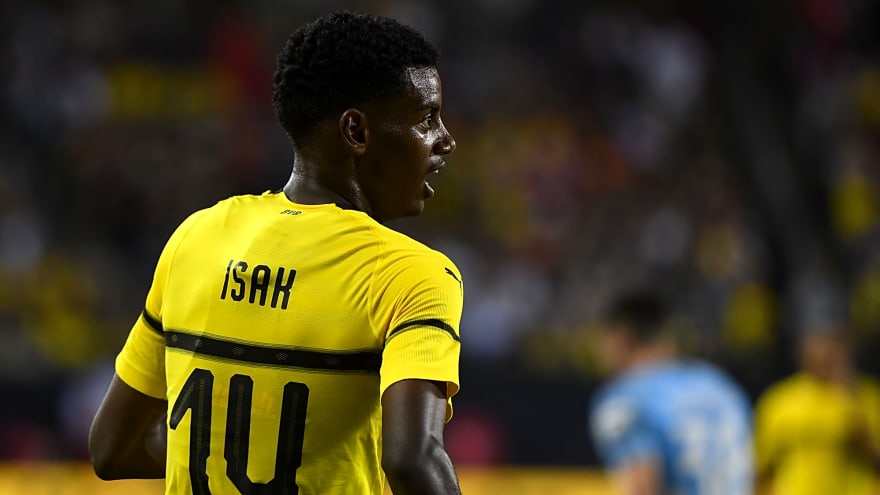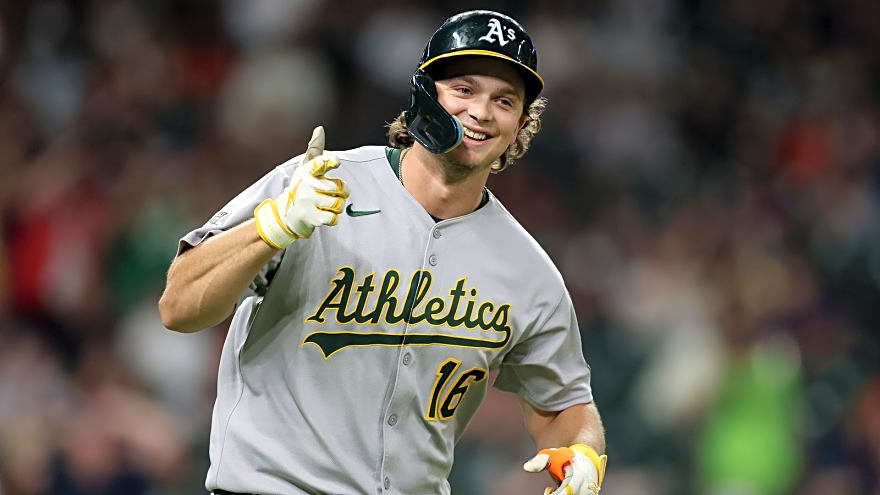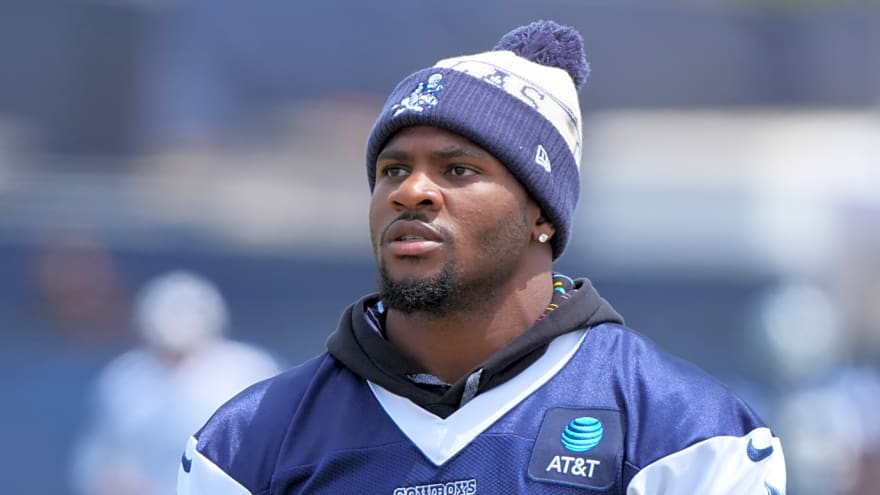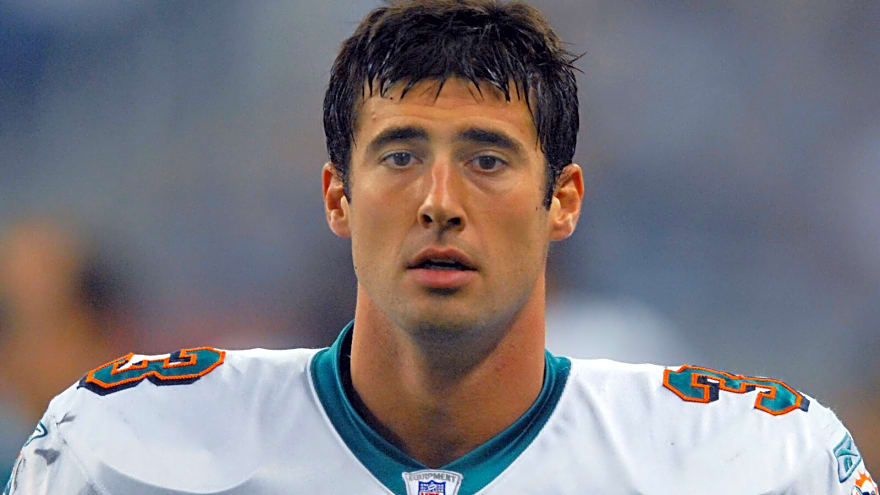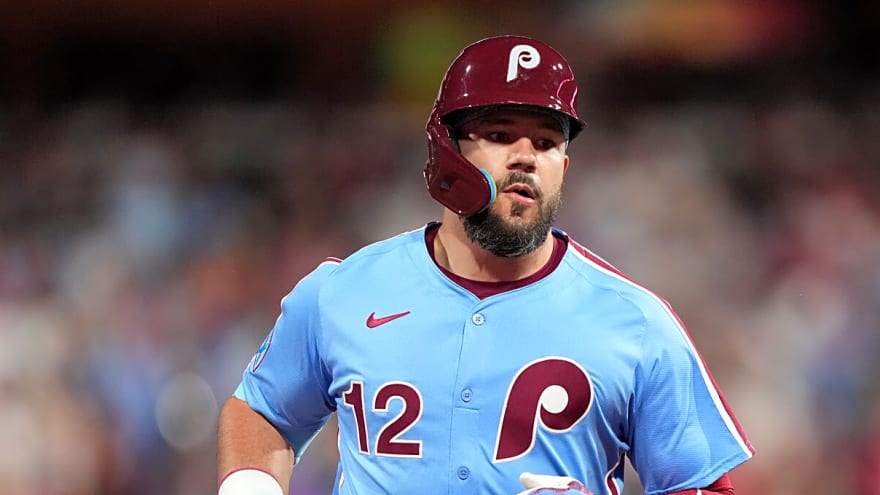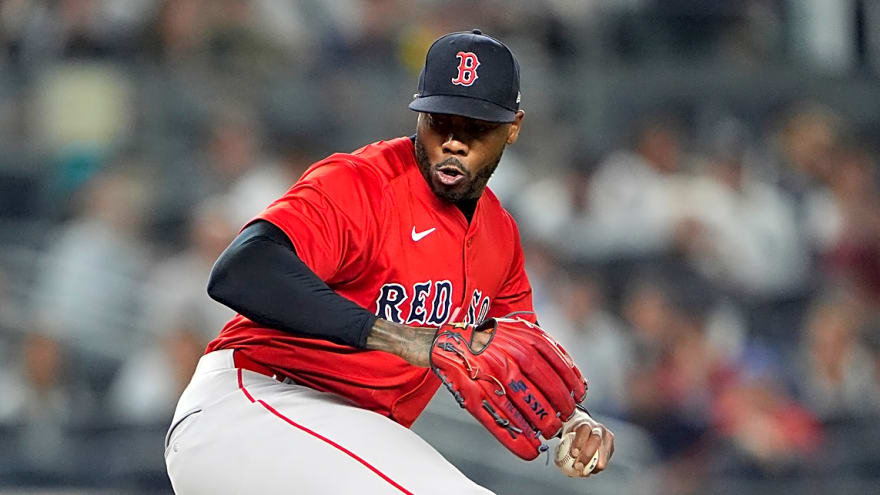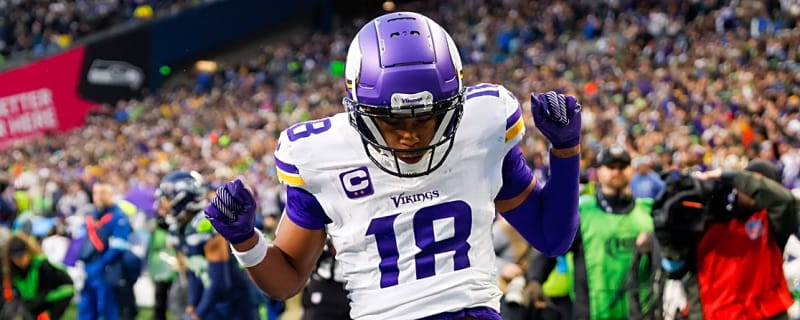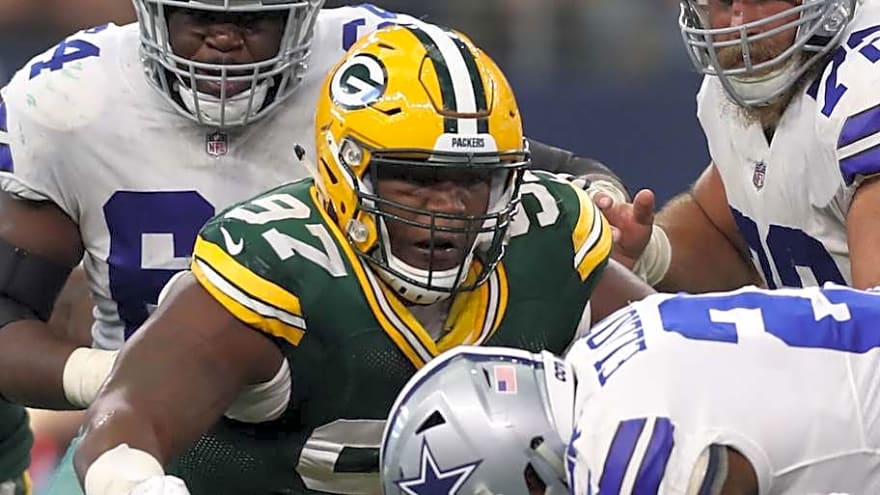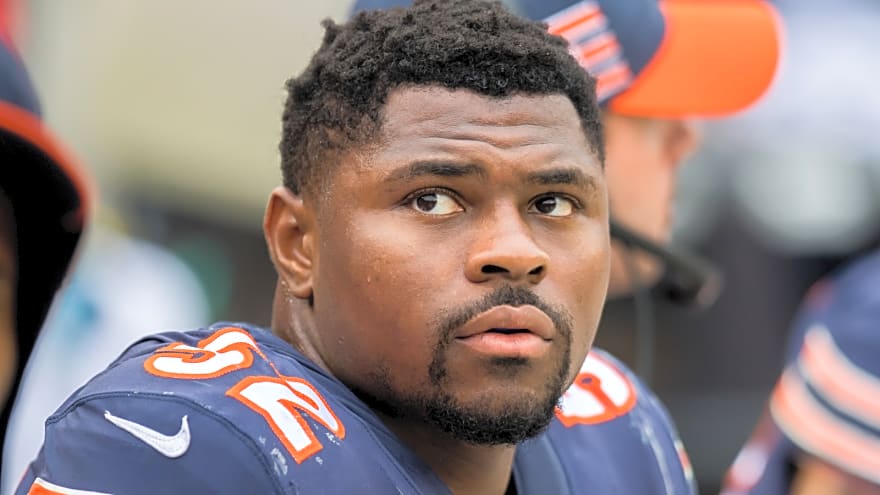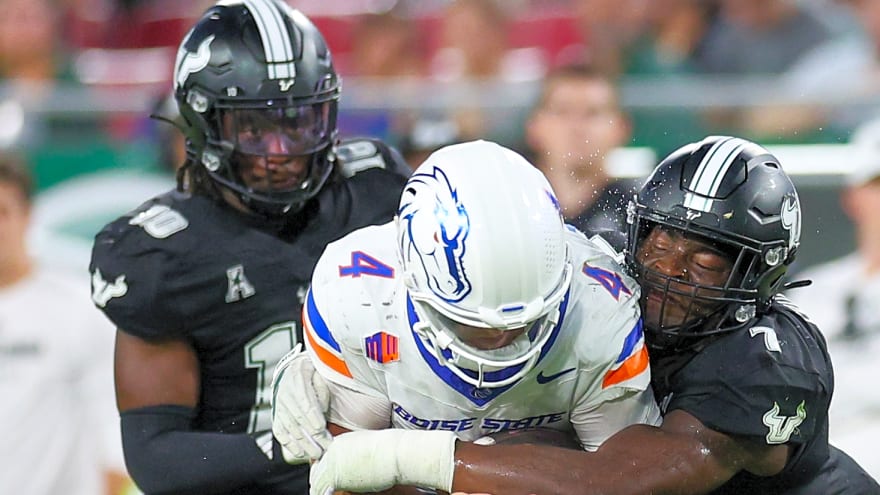Celta Vigo and sporting director Luis Campos have opted to part ways before the end of 2023.
Campos has been split himself between two positions in the last 12 months, acting as an external sports director in Galicia, alongside a football advisor role at Paris Saint-Germain.
The decision to step away from his position at Celta will allow him to focus solely on his tasks in Paris with Celta thanking him for his work in Vigo.
Celta Vigo and sporting director Luis Campos part ways ahead of the January transfer window https://t.co/i7f7vVL9Jy
— Football España (@footballespana_) December 23, 2023
As part of a wider statement on Campos’ exit, Celta confirmed the move would not impact their immediate plans, including the potential for January transfers.
The club will now look to bring in a new Director of Football, as part of a restructured role, which will mean a full time contract as opposed to Campos’ job share.
Celta boss Rafael Benitez is under growing pressure at the club, on the back of a poor run of form in December, but he is unlikely to be removed until at least January.
More must-reads:
- Alexander Isak exit on the table as Newcastle make record signing
- Winners, losers and oddities from the 2025-26 Champions League draw
- The 'Most 1,000-rushing yard NFL seasons' quiz
Breaking News
Trending News
TODAY'S BEST

Solskjaer Back at Old Trafford? Why Manchester United Might Be Tempted After Besiktas Exit, But Should They?
Manchester United supporters woke up to a surreal football soap opera on August 29 2025. Two former United managers lost their jobs in Turkey within hours of each other. Ole Gunnar Solskjaer was sacked by Besiktas after a painful European exit. José Mourinho left Fenerbahçe following a Champions League playoff defeat. Those events sent betting markets and social feeds into overdrive with one recurring question. Could Solskjaer return to Old Trafford if Ruben Amorim continues to struggle? This article sorts the headlines from the real chances and explains why a Solskjaer comeback would be emotionally satisfying yet practically complicated. What Happened in Turkey and Why it Matters to United Fans The avalanche of managerial churn in Turkish football matters to Manchester United because it places two high-profile names squarely back on the market. Solskjaer’s dismissal came immediately after Besiktas were knocked out of European competition. His tenure had moments of optimism, but ultimately collapsed with the same fate as Ole’s. Mourinho’s exit at Fenerbahçe arrived after an equally brutal elimination that left the club and its fans furious. The double headlines are rare yet potent. They revive the debate about whether Manchester United should ever look backwards for stability or push on with a fresh identity under Amorim. Why a Solskjaer Return Would Make Sense Emotionally and Politically Solskjaer is still beloved by a large chunk of the Manchester United base. He embodies a club identity many supporters miss. The narrative is straightforward. Solskjaer was a player-turned-manager who once steadied the ship and delivered memorable wins. That emotional currency buys trust from fans and some players. If Amorim’s results deteriorate in a public way, the board could face enormous pressure to act. Reappointing a figure with instant goodwill seems like a low-friction fix. Bookmakers reacted fast to the Turkish sackings and trimmed odds on familiar names returning to big jobs. That reaction signals how much quick narratives influence decision-making in football. Tactical and Structural Reasons Why the Boycott of History Matters Solskjaer’s strengths lie in man management and restoring confidence. He earned praise for steadying a top job during difficult periods by simplifying the message and giving young players chances. United now sits at a crossroads where tactical clarity and a coherent long-term plan are arguably more important than short-term emotional relief. Amorim offers a distinct footballing blueprint that the club invested in through transfers and a broader recruitment approach. However, with just four Premier League wins in almost 28 games, and failing even to win back-to-back matches, it has raised lots of questions about the Portuguese. Reverting to a man who symbolizes a previous era risks undoing those structural moves. Chief executive and sporting directors rarely want to invite another public reset because continuity, however imperfect, often protects multi year projects. The financial and reputational cost of hiring then firing familiar faces again would be significant. Could Solskjaer Actually be Hired, and What Would That Look Like A reunion would require more than fan chants. Manchester United’s hierarchy would weigh multiple variables. Contractual details matter because Solskjaer is now a free agent. The board would assess whether his coaching staff, tactical staff, and player relationships align with what the club wants next. United would also run scenario planning against other available candidates, including established veterans and innovative young managers. A short-term rescue mission usually costs heavily in the transfer market later on. The club must decide whether immediate results trump a coherent plan. Practicalities aside, Solskjaer himself has repeatedly given mixed signals about chasing high-pressure jobs. He made comments in the past that suggested a willingness to return if asked, but that willingness matters less than the structural fit. The Amorim Factor and Why Impatience Can Be Dangerous Ruben Amorim arrived with a reputation for building disciplined teams. United insiders stress there are no current plans to sack him. Internal anxiety sits alongside public criticism. Players and staff sometimes express confusion about tactical switches and selection policies. Those murmurs grow louder when results do not follow. The club has started the season with no wins in three games, including getting knocked out by a fourth-tier club, Grimsby. With a managerial record now as bad as Garry Neville‘s Valencia, despite decent recruitment, fate could be decided sooner than later. Sacking Amorim would trigger a heavy compensation package for United due to the length and terms of his contract. The club must also consider the message it sends to prospective managers and to the marketplace. Football boards that shift frequently undermine the stability that attracts the top tactical minds, United say they want. A cautious approach remains the safest route to protect long-term ambitions. Final Thoughts A Solskjaer return would satisfy a large part of the fanbase and create headlines that soothe immediate pain. History, sentiment, and short-term optics all favor a reunion in the event Amorim falls. Reality demands a more solemn calculus. United’s project requires coherence in recruitment planning, tactical identity, and long-term financial prudence. The best long-term decision will probably frustrate some fans but protect the club from repeated cycles of hope and disappointment. Expect sharp media narratives. Rumour mills will accelerate whenever United drop another point. The international break looms as a likely drama window. Club statements will be minimal and cautious until a clear direction crystallizes. If results stay poor and the board senses the dressing room fracturing then a managerial change becomes plausible. That path will produce candidate lists, odds shifts, pundit debates and social storms. Every United supporter should remember one truth. Manchester United play Burnley before the international break, and it could be a make-or-break for a long-term decision.

New Dallas Cowboys DT Kenny Clark Excitedly Posts About Joining ‘America’s Team’
The Dallas Cowboys’ stunning trade of Micah Parsons to the Green Bay Packers sent shockwaves through the NFL, but the silver lining arrived Thursday afternoon in the form of three-time Pro Bowl defensive tackle Kenny Clark. The veteran immediately took to social media to share his excitement about joining America’s Team, posting a video of himself smiling widely on his private jet bound for Dallas. Clark’s enthusiasm was infectious as he documented his journey to Big D, clearly thrilled about the opportunity to anchor the Cowboys’ defensive line. The timing couldn’t be more crucial, with the regular season opener against the Super Bowl champion Philadelphia Eagles just days away. This trade represents more than just a player swap—it’s a strategic move that could redefine Dallas’ defensive identity for years to come. Kenny Clark Lands in Dallas: A New Chapter The social media post that captured Cowboys fans’ attention showed Clark beaming with excitement as his plane approached Dallas. His genuine enthusiasm reflects a player who understands the magnitude of joining one of the NFL’s most storied franchises. The timing of his arrival creates immediate pressure, but Clark’s veteran experience suggests he’s ready for the challenge. Clark’s journey to Dallas represents a fresh start for both player and team. After eight seasons in Green Bay, he brings championship pedigree and playoff experience that the Cowboys desperately need. His presence immediately fills a void that has plagued Dallas for years—reliable interior pass rush and run defense from the nose tackle position. The defensive tackle market has been historically thin, making Clark’s acquisition even more valuable. Teams rarely trade established defensive linemen of Clark’s caliber, especially during their prime years. The fact that Dallas secured his services as part of the Parsons package deal represents exceptional value in an era where quality interior defensive linemen command premium compensation. What Kenny Clark Brings to the Dallas Cowboys Clark’s resume speaks volumes about his capabilities and potential impact in Dallas. His three Pro Bowl selections demonstrate consistent excellence at one of football’s most demanding positions. Last season alone, he recorded 37 tackles, nine run stuffs, two forced fumbles, and a sack while anchoring Green Bay’s defensive front. The 2023 campaign showcased Clark’s pass-rushing prowess with a career-high 7.5 sacks, proving his ability to disrupt opposing quarterbacks from the interior. This dual-threat capability—stopping the run and rushing the passer—makes him invaluable in today’s NFL where defensive tackles must excel in multiple areas. Clark’s physical attributes perfectly suit the Cowboys’ defensive scheme. At 6-foot-3 and 314 pounds, he possesses the size and strength to command double teams while maintaining the athleticism to pursue ball carriers sideline to sideline. His quick first step and powerful hands allow him to shed blocks and make plays in both run and pass situations. Beyond statistics, Clark brings intangible qualities that often go unnoticed. His leadership experience from Green Bay’s playoff runs provides valuable mentorship for younger Cowboys defenders. His work ethic and professionalism set standards that elevate entire position groups, qualities particularly important for a franchise seeking to establish a winning culture. How Clark Fits into Dallas’ Defensive Plans The Cowboys’ defensive transformation begins with Clark’s presence in the middle of their defensive line. His ability to anchor against powerful running attacks addresses a glaring weakness that opponents have exploited for seasons. Interior defensive line play directly impacts every other defensive position, from linebacker mobility to secondary coverage effectiveness. Clark’s pass-rushing skills complement the Cowboys’ existing edge rushers perfectly. By demanding attention from interior offensive linemen, he creates favorable one-on-one matchups for Dallas’ outside pass rushers. This symbiotic relationship could unlock production from other defensive players who previously faced constant double teams. The defensive tackle’s versatility allows coordinator Mike Zimmer flexibility in game planning. Clark can line up anywhere across the defensive front, from nose tackle in base defenses to three-technique in passing situations. This positional flexibility enables Dallas to deploy varied looks that keep offensive coordinators guessing. Run defense improvement represents Clark’s most immediate impact. His ability to occupy multiple blockers frees linebackers to make plays at the second level. This improved run stopping capability forces opponents into obvious passing situations, allowing the Cowboys’ pass rushers to pin their ears back and attack. The Timing Factor Clark’s arrival couldn’t come at a better time for Dallas. With the regular season beginning in less than a week, his veteran presence provides immediate stability to a defense facing questions about its identity post-Parsons. His experience in high-pressure situations, including playoff games and divisional matchups, brings calm leadership to a potentially tumultuous transition. The Eagles matchup in Week 1 will test Clark immediately against one of the NFL’s most physical offensive lines. Philadelphia’s commitment to running the football makes Clark’s presence even more crucial, as his ability to neutralize interior running lanes could dictate the game’s outcome. Kenny Clark’s arrival in Dallas represents more than just a roster addition—it’s a statement about the Cowboys’ commitment to building a championship-caliber defense. His social media excitement reflects a player ready to embrace the challenge of playing for America’s Team, and Cowboys fans have every reason to share that enthusiasm.

Jerry Jones again proves he shouldn't be making decisions for Cowboys
When it comes to major decisions for the Dallas Cowboys it is always going to be Jerry Jones' way or the highway. The problem with that philosophy, however, is that the Jerry Jones way has proven to be a failure for more than 30 years. It's long past time for him to give up control of the team and hire a real general manager to fix the mess he keeps creating. All of that is back on the front-burner again following Thursday's conclusion of the Micah Parsons saga, with the All-Pro superstar getting traded to the Green Bay Packers for defensive tackle Kenny Clark and two first-round picks. In a vacuum, it's not a terrible return. Clark is a legitimate starter on the defensive line -- and a very good player -- and two first-round picks are always going to have some value. But professional sports does not exist in a vacuum. There is always more context at play, and the context here is that an in-his-prime superstar (Parsons), that is one of the biggest game-changers in the league, and a player that was trying to make it work in Dallas, is now playing for somebody else because Jones could not get out of his own way. From the very beginning Jones bungled this contract negotiation, doing the one thing he does best — making himself and Cowboys drama the focal point, and what is best for the team a secondary matter. It's the Jerry Jones way. And it's a losing way. This situation did not have to end up the way it did. There was a perfectly reasonable outcome that would have seen Parsons remain in Dallas throughout the prime of his career and continue to be a focal point of its defense. All it would have taken was a common sense approach and an owner whose concern for the organization outweighed their ego. Every major negotiation with the Cowboys ends up getting drawn out into chaos. It's all part of Jerry's desire to keep him and his team at the top of the headlines. It usually results in him having to pay a player more money than he otherwise would have. And even that may not be a problem for Jerry because he gets to talk about how he negotiated and paid out this huge contract. This time, however, the plan finally burned him. If you want to reach, or if you want to carry Jones' water for him, you might be able to put together a somewhat coherent argument as to how this can work out. Maybe those two first-round picks will pan out in the future. Maybe Clark is a great fit in the middle of Dallas' defensive line. Maybe. Maybe, maybe, maybe. The more maybe's you throw in, the more likely it is they are not going to all pan out. Clark is good, but he's not Parsons. He is not as disruptive, he is not as good and he is going to be 30 years old this season while Parsons is still only 26. Two first-round picks looks good on paper, but the Packers are a pretty good team — and will be even better with Parsons — and those picks will likely be in the back half of the first-round. You hope to find a good player with at least one of them, if not both. The odds that either one is as good as Parsons are long. Since winning their last Super Bowl during the 1995 season the Cowboys have consistently been one of the NFL's most mediocre franchises. Never truly awful, but never good. They will make the playoffs semi-regularly, but never go anywhere. They have the longest NFC Championship game drought in the conference. They never get close to the Super Bowl and have not been bonafide contenders in literal decades. A sane owner would look at those results and would have fired multiple general managers for that run. Jones has no one to fire because he is the general manager. And he likes the way he is doing things. The problem is it doesn't work. It hasn't worked. And it won't work. History has proven that.
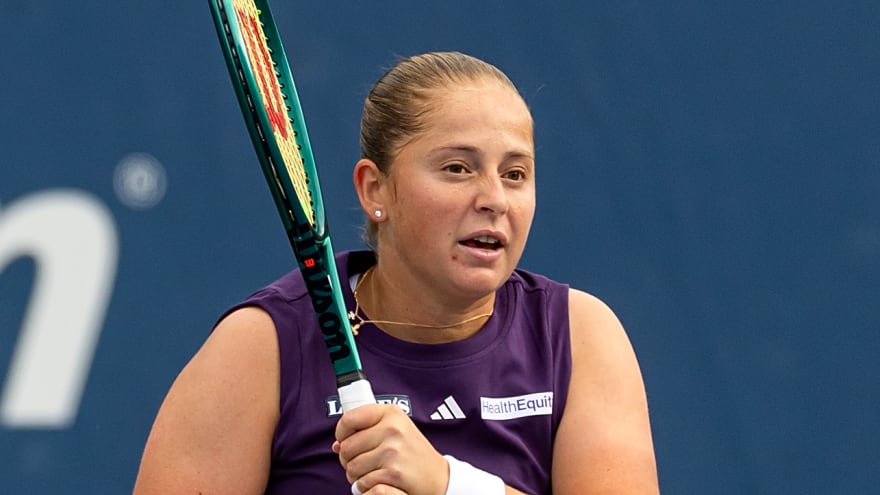
Jelena Ostapenko responds to racism allegations after post-match confrontation with Taylor Townsend

NFL analyst just exposed what could instantly change Commanders' destiny
Terry McLaurin finally agreeing to a lucrative contract extension with the Washington Commanders came with jubilant scenes across the organization and beyond. However, that doesn't change the importance of another dynamic playmaker in 2025. This was highlighted by an up-and-coming NFL analyst, who named Deebo Samuel Sr. as an X-factor who could make or break the Commanders' chances in 2025. The Commanders believe Samuel still has a lot more football left in the tank. Adam Peters knows him well as a player and a person. He was also more than happy to part ways with a fifth-round pick to acquire him from the San Francisco 49ers. Deebo Samuel tipped to make or break Commanders' offense by ESPN analyst All signs have pointed up for Samuel this summer. He's in great shape and is ready to make a significant impression. Ben Solak from ESPN agrees, but the analyst warned that if he cannot meet expectations, Washington's wide receiver depth might not be good enough to cope. [Deebo] Samuel was already an intriguing player when the Commanders traded for him. As things have developed further -- the recently resolved training camp holdout from Terry McLaurin and the lack of wide receiver depth -- Samuel has become even more important. They need him to be dynamic, and while he wasn't the same player last season as he was prior to that, he still is above average. If Samuel doesn't bring the juice, the Commanders' options to replace his unique role are understandably thin.Ben Solak, ESPN This is a fair assessment, especially considering the struggles of others during the preseason. Most of those are no longer around. Combine this with McLaurin and Noah Brown being back on the practice field, and this unit should be humming by the time Week 1 against the New York Giants arrives. Samuel will be a big part of Kliff Kingsbury's game plan. He fits the schematic concepts perfectly — someone who can take quick slants or screen passes and make things happen with the football in his hands. The second-round pick out of South Carolina looks healthy and focused, ready to silence those who unfairly criticized him once the trade was confirmed. There are elements in play that ensure Samuel won't be lacking in motivation this season. He's heard everyone write him off. He's got Peters' faith to repay. And there's also the possibility of another contract in Washington or elsewhere next spring if everything goes well. The ball is in Samuel's court. If he delivers, the Commanders' offense will be incredibly difficult to stop. More Commanders news and analysis
Customize Your Newsletter
 +
+
Get the latest news and rumors, customized to your favorite sports and teams. Emailed daily. Always free!

